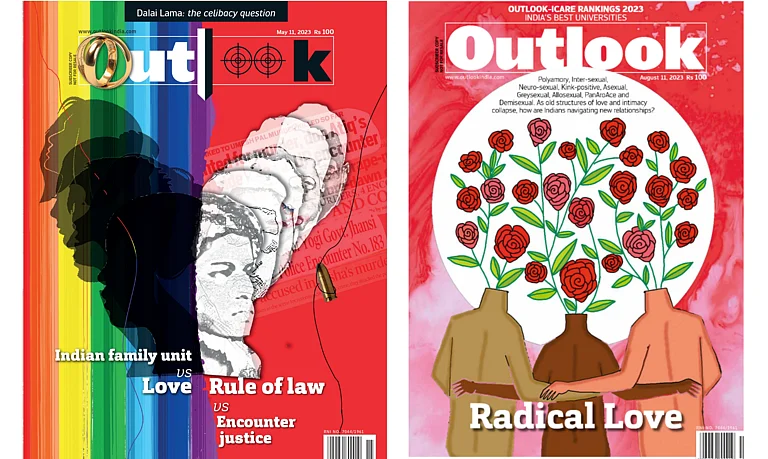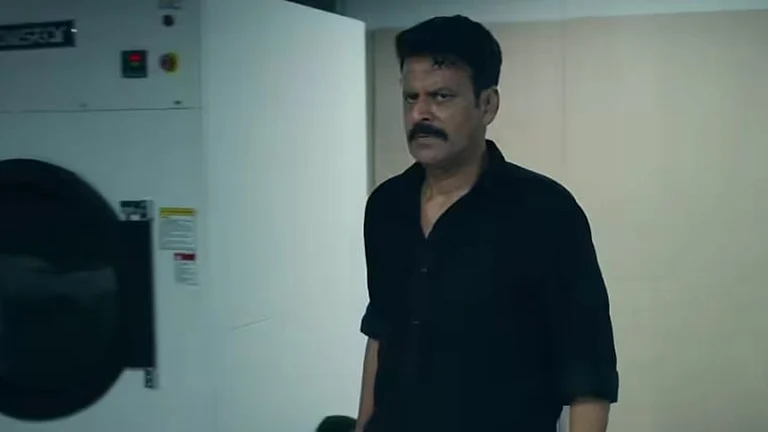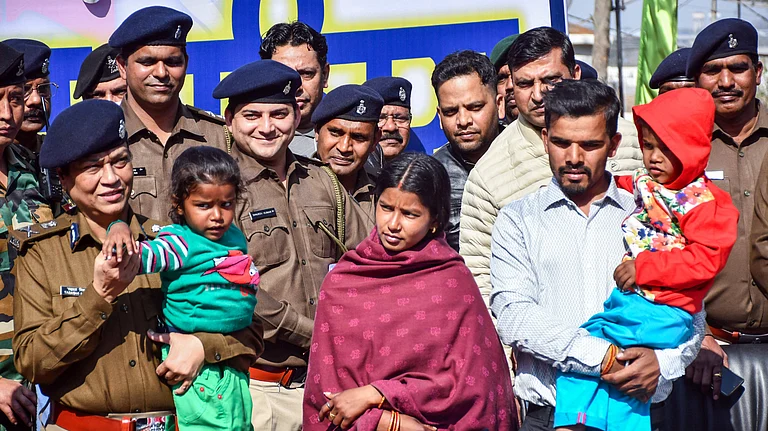The Delhi High Court has ruled that the right to adopt a child cannot be considered a fundamental right under Article 21 of the Constitution. Justice Subramonium Prasad affirmed the retrospective application of a regulation that allows couples with two or more children to adopt only those with special needs or who are hard to place. The judge emphasized that the adoption process prioritizes the welfare of children over the preferences of prospective adoptive parents (PAPs).
"The right to adopt cannot be elevated to the status of a fundamental right within Article 21, nor can it grant PAPs the right to choose whom to adopt. The adoption process operates on the premise of children's welfare, and the rights of PAPs are not given precedence," stated the court in a recent order.
The court acknowledged the prolonged wait for adoption and the disparity between the number of normal children available for adoption and the number of PAPs seeking to adopt them. The regulation aims to increase the adoption of children with special needs, considering the remote chances of such children being adopted.
"The long wait for prospective parents, including those without a biological child, should be seen in the context of the significant difference between the number of normal children available for adoption and the number of PAPs expecting to adopt a normal child. A balanced approach is necessary to reduce the wait for parents and prioritise the interests of the child when matched with a family with fewer existing biological children," added the court.
The decision came in response to petitions by PAPs with two biological children who applied for the adoption of a third child under the Juvenile Justice (Care and Protection of Children) Act, 2015. The Adoption Rules, 2022, replaced the Adoption Regulations, 2017, during the application's pendency, limiting couples with two or more children to adopt only those with special needs or who are hard to place.
Despite the petitioners' argument that the retrospective application was arbitrary and violated Article 14 (equality before law) of the Constitution, the court dismissed the petitions, stating that there is "no right at all" to insist on the adoption of a particular child. The court emphasised that the change in eligibility criteria reflected the legislative policy and did not infringe on the PAPs' registration, still allowing consideration for adoption of special needs, hard-to-place children, or relatives' or step-children.


























